Unleash the Power of Flashcards: Mastering Languages with Effortless Recall In this auspicious occasion, we are delighted to delve into the intriguing topic related to Unleash the Power of Flashcards: Mastering Languages with Effortless Recall. Let’s weave interesting information and offer fresh perspectives to the readers.
Unleash the Power of Flashcards: Mastering Languages with Effortless Recall
Flashcards. A staple of childhood education, often relegated to dusty boxes in the back of our minds. But what if we told you these simple tools could be the key to unlocking fluency in any language?
While the concept seems elementary, the power of flashcards lies in their ability to tap into the fundamental principles of memory and learning. By strategically utilizing them, you can transform the process of language acquisition into a fun, engaging, and highly effective endeavor.
This comprehensive guide will delve into the art of using flashcards for language learning, equipping you with actionable insights and practical tips to maximize their potential.
1. Crafting the Perfect Flashcard: The Foundation of Success
The first step to unlocking the power of flashcards is to create them effectively. Here’s a breakdown of the essential elements:

-
The Front: The Hook
- Target Word/Phrase: Write the word or phrase you want to learn clearly and prominently. Use bold font for emphasis and consider using different colors to highlight key elements.
- Visual Aid: Incorporate a picture, drawing, or symbol that visually represents the target word or phrase. This engages visual memory and creates a stronger association.
- Context: Include a simple sentence or phrase that demonstrates the word’s usage in context. This helps you understand its meaning and application.
- Pronunciation: Write the phonetic pronunciation using the International Phonetic Alphabet (IPA) or a simplified pronunciation guide. This ensures accurate pronunciation from the start.
-
The Back: The Reinforcement
- Translation: Provide the translation of the target word or phrase in your native language. This helps you understand the meaning and connect it to your existing knowledge.
- Definition: Offer a clear and concise definition of the word or phrase in the target language. This provides additional context and helps you grasp the nuances of its meaning.
- Example Sentences: Include several example sentences that demonstrate the word’s usage in different contexts. This helps you internalize its grammatical function and provides a wider understanding of its application.
- Synonyms and Antonyms: List synonyms and antonyms of the target word. This expands your vocabulary and helps you understand its relationship to other words.
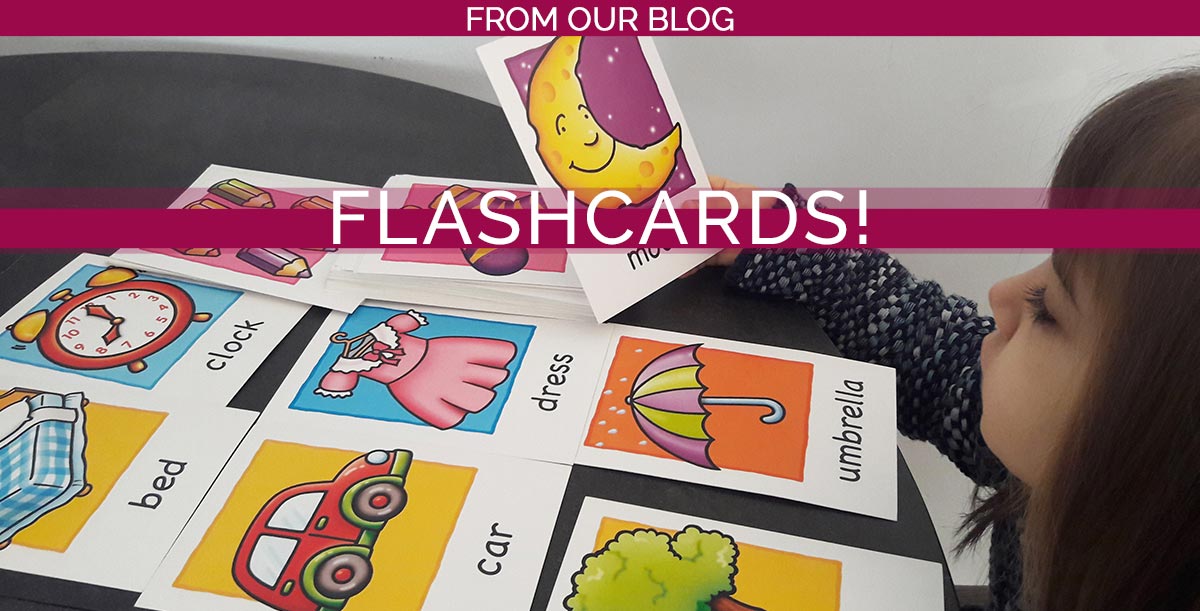
2. Beyond the Basics: Enhancing Flashcard Functionality
While the standard front-and-back format is effective, there are numerous ways to enhance your flashcards and make them more engaging and effective:
- Spaced Repetition: This technique involves reviewing flashcards at increasingly longer intervals. By spacing out your repetitions, you strengthen the memory trace and achieve long-term retention. Use a spaced repetition system (SRS) app or create your own schedule based on the Leitner system.
- Active Recall: Instead of passively looking at the answer, actively try to recall the information from the front of the card before flipping it over. This forces your brain to work harder and improves retention.
- Multiple Choice: Instead of providing the answer on the back, include several options and choose the correct one. This engages your critical thinking skills and makes learning more interactive.
- Image Association: Create flashcards that connect words with images, sounds, or even smells. This engages multiple senses and strengthens the association between the word and its meaning.
- Storytelling: Create flashcards that tell a story. This can be a fun and engaging way to learn new vocabulary and grammar.
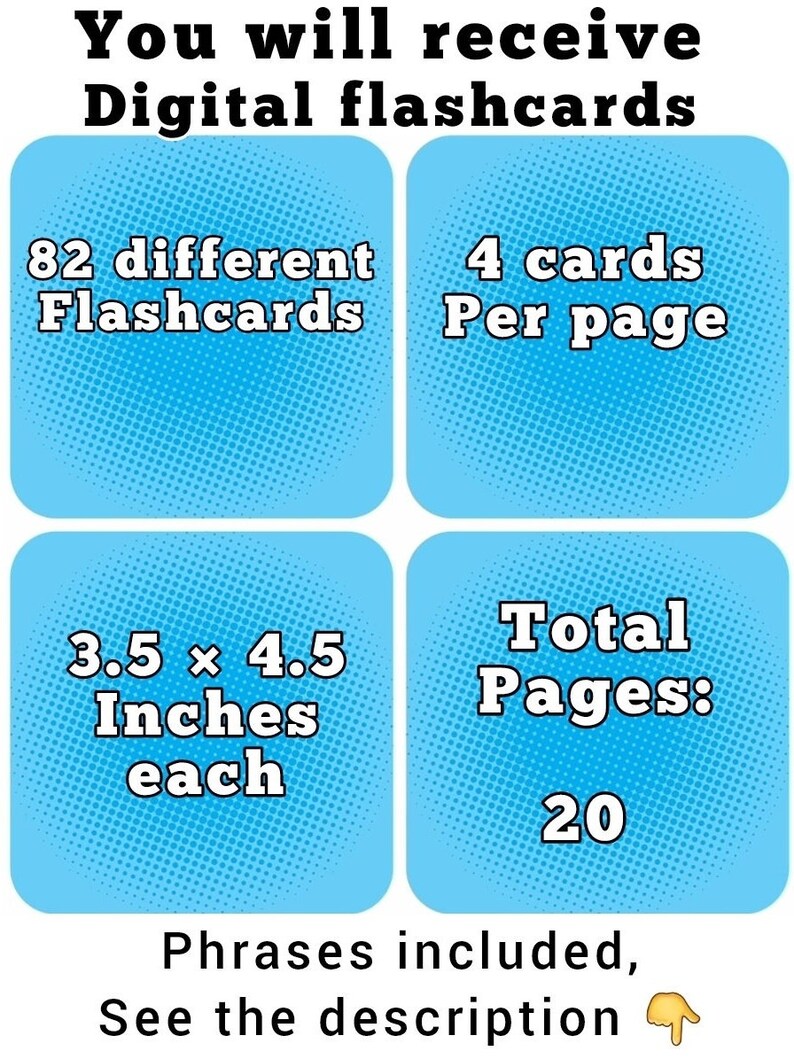
3. Mastering the Art of Flashcard Use: Strategies for Success
Now that you’ve crafted your flashcards, it’s time to put them to use. Here are some effective strategies to maximize their potential:
- Set Realistic Goals: Don’t try to learn everything at once. Start with a manageable number of flashcards and gradually increase the number as you progress.
- Consistency is Key: Dedicate a specific time each day to review your flashcards. Even a short session of 15-20 minutes can make a significant difference.
- Active Engagement: Don’t just passively look at the flashcards. Engage with them actively by reading aloud, writing down the information, or even acting out the word or phrase.
- Use Different Learning Styles: Experiment with different methods of using flashcards. Some people prefer visual aids, while others learn better by listening or writing. Find what works best for you.
- Focus on Difficult Words: Pay special attention to words or phrases that you find challenging. Use different techniques to learn them, such as creating additional flashcards, writing them in a sentence, or using them in conversation.
- Gamify Your Learning: Turn flashcard review into a game. Challenge yourself to beat your previous score, create a reward system, or compete with friends. This can make learning more enjoyable and motivating.
- Integrate Flashcards into Everyday Life: Use your flashcards in real-world situations. Look for opportunities to use the words or phrases you are learning in conversations, reading, or writing.
- Embrace Mistakes: Don’t be afraid to make mistakes. Mistakes are a natural part of learning. Use them as opportunities to identify areas where you need to improve.
- Track Your Progress: Keep track of your progress by noting the number of flashcards you have mastered or the words you can recall easily. This will help you stay motivated and see how much you are improving.
4. Flashcard Applications: Beyond Traditional Methods
In today’s digital age, the world of flashcards has expanded beyond the physical realm. Numerous apps and online platforms offer innovative ways to integrate flashcards into your learning routine:
- Anki: A popular spaced repetition system (SRS) app that utilizes algorithms to optimize your learning schedule. It allows you to create custom flashcards with images, audio, and text.
- Memrise: A gamified learning platform that uses flashcards, interactive exercises, and personalized learning paths to help you master new languages.
- Quizlet: A versatile platform that allows you to create and share flashcards, study sets, and practice quizzes. It offers various learning modes, including matching games, flashcard drills, and multiple-choice quizzes.
- Duolingo: A popular language learning app that utilizes flashcards, interactive games, and personalized learning paths to teach you new vocabulary and grammar.
5. Flashcards: A Powerful Tool for Every Learner
Flashcards are a powerful tool for language learning, regardless of your level or learning style. By utilizing them strategically and embracing the principles of memory and learning, you can accelerate your language acquisition journey and unlock the fluency you desire.
Here are some additional tips for using flashcards effectively:
- Make your flashcards personal: Add your own notes, examples, or even drawings to make them more relevant and memorable.
- Use different types of flashcards: Experiment with different formats, such as index cards, digital flashcards, or even sticky notes.
- Don’t be afraid to experiment: There’s no one-size-fits-all approach to using flashcards. Find what works best for you and adapt your techniques as needed.
- Keep it fun: Language learning should be enjoyable! Incorporate games, music, or other activities to make the process more engaging.
- Don’t give up: Even if you don’t see results immediately, keep using flashcards consistently and you will eventually see progress.
In conclusion, flashcards are a valuable tool for language learners of all levels. By crafting effective flashcards, utilizing strategic techniques, and embracing the power of spaced repetition and active recall, you can transform your language learning journey into a rewarding and enriching experience.
Closure Unleash the Power of Flashcards: Mastering Languages with Effortless Recall
Thus, we hope this article has provided valuable insights into Unleash the Power of Flashcards: Mastering Languages with Effortless Recall. We thank you for taking the time to read this article. See you in our next article!
Related Articles: Unleash the Power of Flashcards: Mastering Languages with Effortless Recall
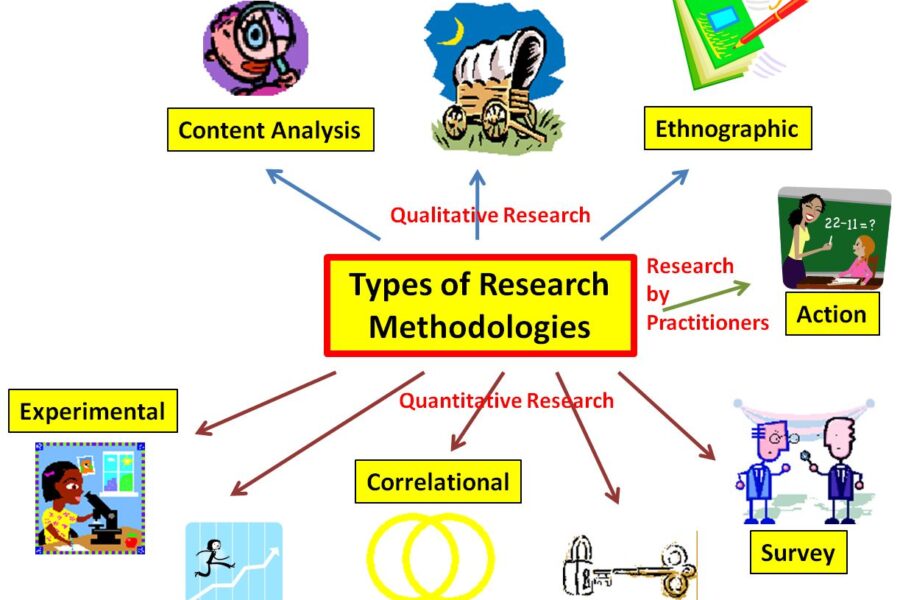
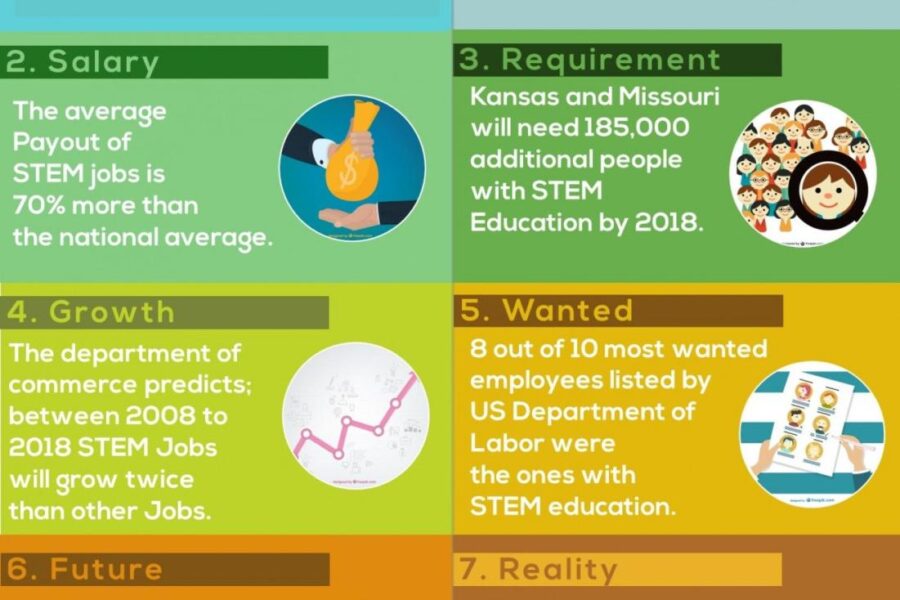

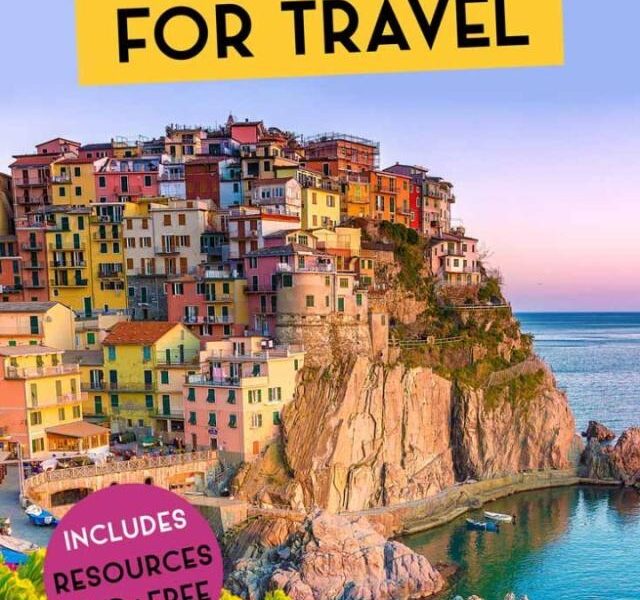
Leave a Comment